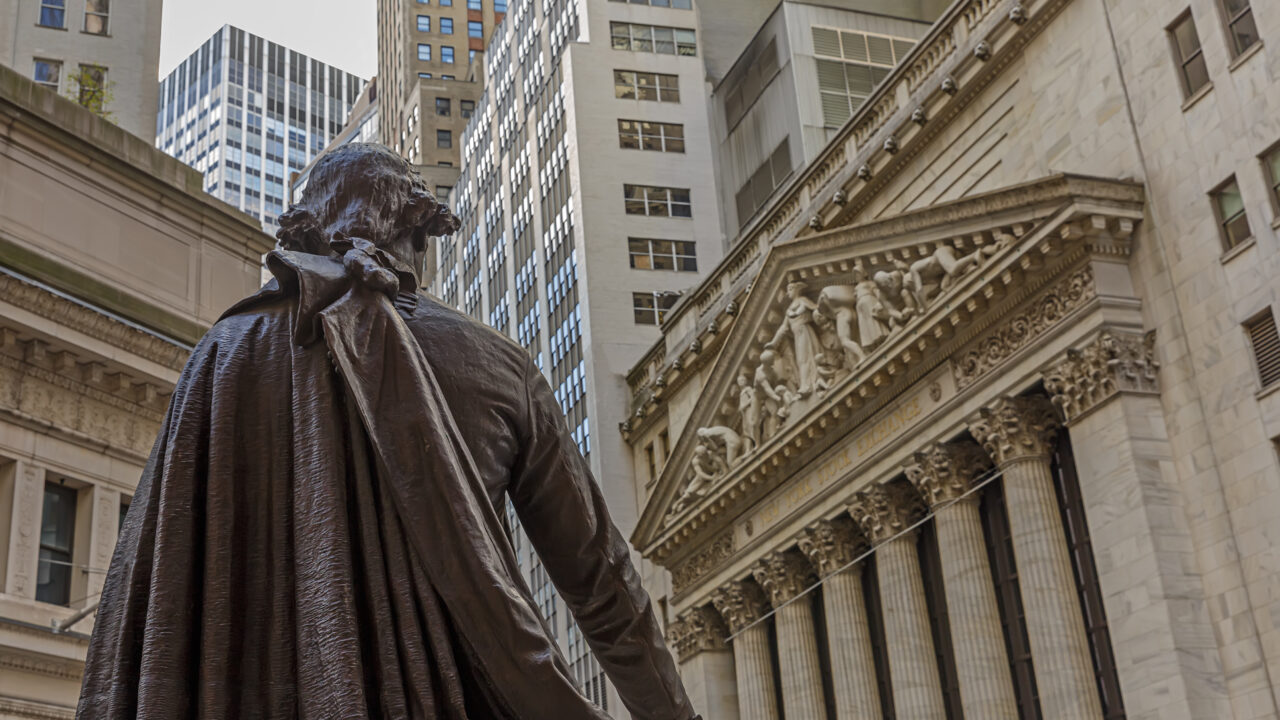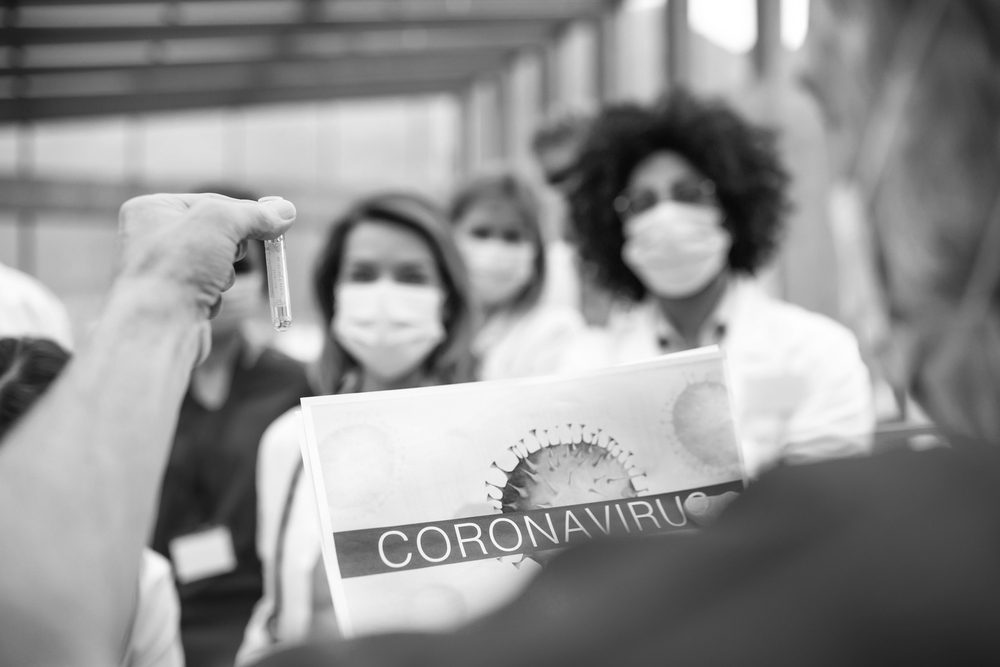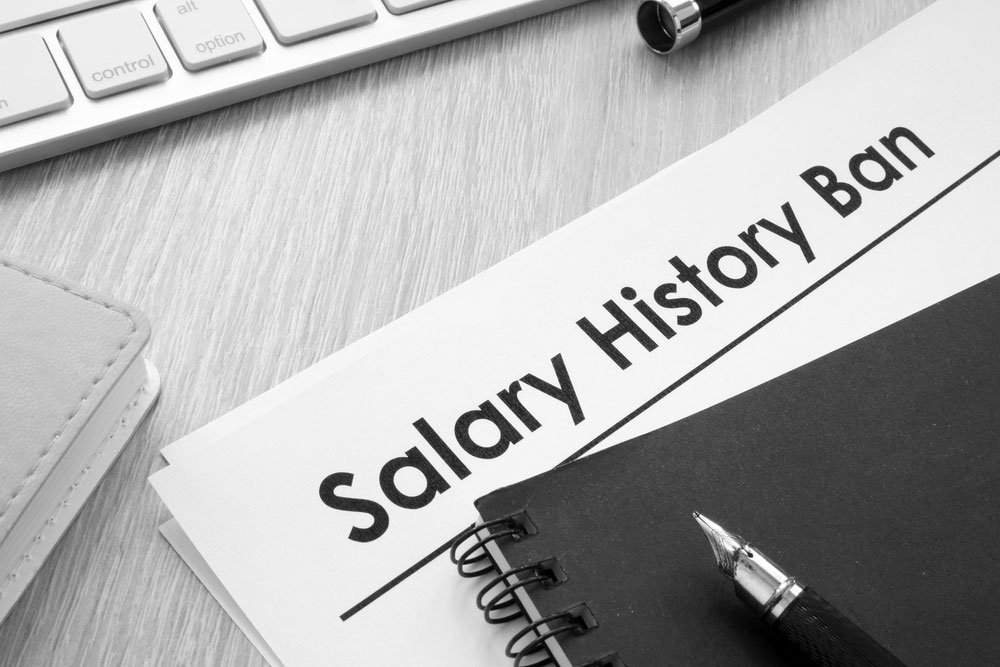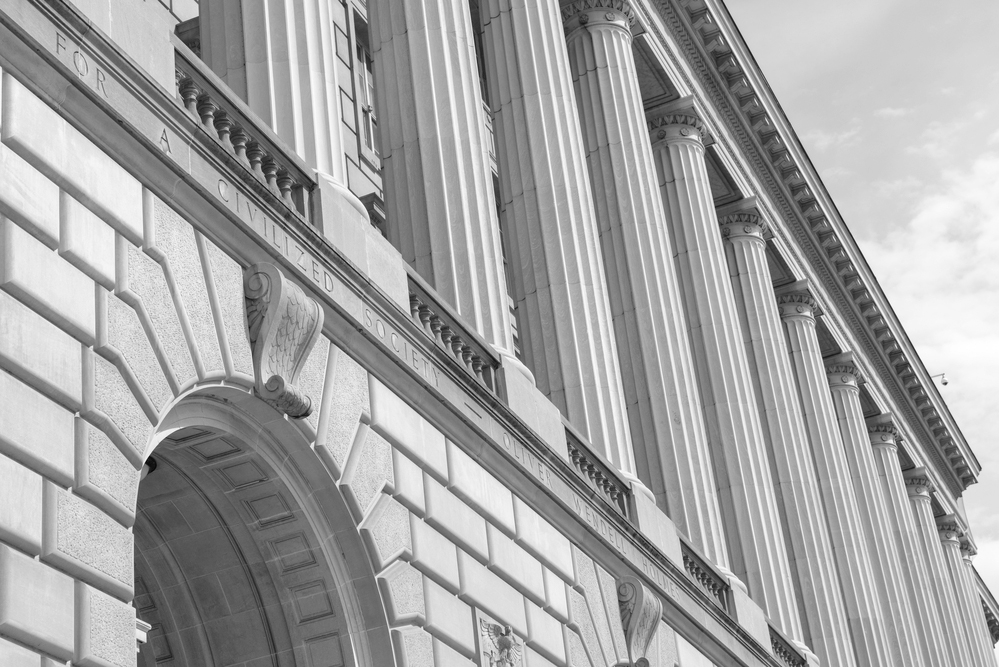赴美上市中国公司在IPO市场规范化过程中的机遇解读 —-解析纳斯达克新规,外国公司担责法案,新冠疫情下法律义务履行 2020年上半年,新冠疫情,瑞幸事件,纳斯达克新规出台等新闻导致媒体舆论不断,众说纷纭中,在美上市中国公司及欲赴美上市中国公司对公司在美发展前景产生各色各样的疑惑或忧虑。本文聚焦纳斯达克出台新规,对新规内容及影响群体进行多角度深入分析,以期对相关赴美上市中国公司的发展前景提供参考和帮助
InsightsPPP Forgiveness Changes Coming As Senate Passes Paycheck Protection Program Flexibility Act
June 5, 2020
The U.S. Senate yesterday unanimously passed the House of Representative’s Paycheck Protection Program Flexibility Act (H.R. 7010), which now goes to President Trump for his expected signature. The Act’s significant amendments to the Paycheck Protection Program (“PPP”) loan program include the following:
InsightsNasdaq To Propose Additional Initial Listing Criteria For Restricted Market Companies
May 18, 2020
纳斯达克对受限市场公司 提议新增挂牌要求 On May 18, 2020, Nasdaq Stock Market (“Nasdaq” or the “Exchange”) filed three proposals with the Securities and Exchange Commission (“SEC”) to (i) apply additional initial listing criteria for companies primarily operating in “Restricted Market” (defined below), (ii) adopt a new requirement relating to the qualification of management or board of director for...
Last year the New York City Council by a vote of 40-4 enacted Int. 1445-A (the “Law”), which amends the New York City Human Rights Law to prohibit employers and staffing firms from pre- employment drug testing for marijuana and THC (the active ingredient in marijuana). The Law will go into effect on May 10, 2020. It is applicable to employers with four or more employees who physically work in New York City and, pending further guidance, only to those employees who physically work in New York City (including temporary employees of staffing firms).
InsightsNew York State Enacts Covid-19 Sick Leave Law
April 13, 2020
In response to the COVID-19 pandemic, Governor Cuomo signed into law on March 18, 2020 the New York COVID-19 Sick Leave Law, S. 8901 (the “Law”). The Law, which was effective immediately, requires employers regardless of size to provide sick leave to their eligible employees who physically work in New York State. The sick leave to be provided is paid or unpaid leave, depending on the size and net income of the employer. Guidance issued by New York State on March 25, 2020 is attached to this Legal Advisory.
InsightsFamilies First Coronavirus Response Act
March 30, 2020
In response to the coronavirus pandemic (COVID-19), President Trump signed into law on March 18, 2020 the Families First Coronavirus Response Act, H.R. 6201 (the “Act”). This sweeping Act temporarily expands the federal Family and Medical Leave Act (“FMLA”) relating to COVID-19, creates a temporary federal paid sick leave program relating to COVID-19, expands unemployment insurance benefits, mandates insurance coverage of coronavirus testing, and expands nutrition and food assistance. This Legal Advisory focuses on the Act’s FMLA expansion and the paid sick leave program it creates, and includes the most recent attached guidance issued by the U.S. Department of Labor (“DOL”).
InsightsU.S. Securities And Exchange Commission’s Conditional Exemptions From Filing Obligations For Companies Affected By Coronavirus (Covid-19)
March 4, 2020
美国证券交易委员会对受新冠病毒影响的公司提供条件性延期救济 U.S. Securities laws require U.S. publicly traded companies, including all companies listed on the Nasdaq Stock Market and the New York Stock Exchange, to file various reports with the U.S. Securities and Exchange Commission (the “SEC”). The SEC has recognized that the outbreak of Coronavirus Disease 2019 (COVID-19) has complicated the preparation and filing...
InsightsNew York Enacts Statewide Ban On Salary History Inquiries
December 20, 2019
On July 10, 2019, Governor Cuomo signed into law bills A. 5308-B and S. 6549 (the “State Law”) that amends New York State’s Labor law to prohibit, statewide, employers from inquiring about or relying on the salary history of a job applicant or current employee in determining whether to offer employment to an individual or in determining the compensation of an individual. The State Law follows and supplements similar laws previously passed in New York City, Albany County, Suffolk County, and Westchester County, of New York State, and will go into effect on January 6, 2020.
InsightsNew York State Minimum Wage Increases, And Salary Level Increases For Certain Exempt Employees, For 2020
December 2, 2019
As we previously advised, as part of the 2016-17 New York State budget, Governor Cuomo signed into law a staggered set of minimum wages increases that will over a period of several years increase the hourly minimum wage in New York State to $15.00 for all workers in all industries across the state.
InsightsU.S. Department Of Labor Issues New Overtime Rule
November 26, 2019
On September 24, 2019 the United States Department of Labor (“DOL”) issued its new final rule for determining whether executive, administrative and professional employees are exempt from overtime pay under the Fair Labor Standards Act. The rule, which will take effect on January 1, 2020, will increase to $684 per week ($35,564 per year) the federal salary threshold that must be met to qualify for the so-called “white collar exemption.” The new salary threshold will not be indexed for inflation.











